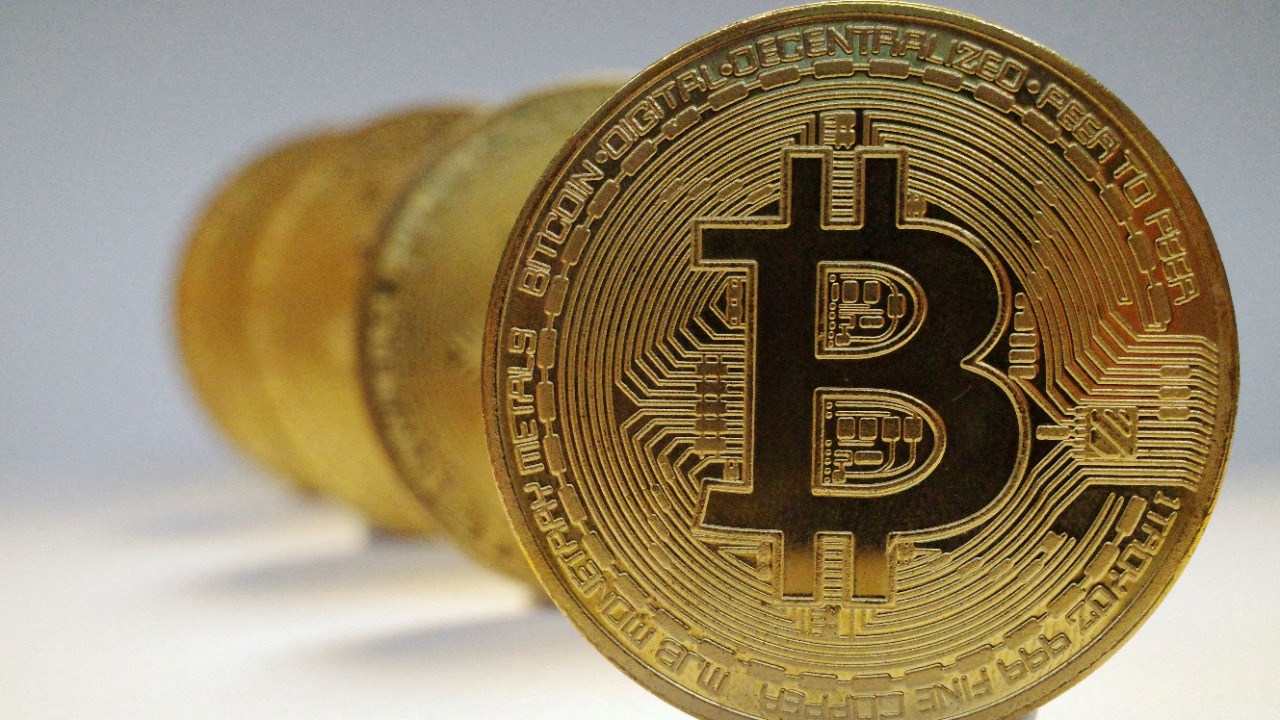
WASHINGTON, Jan 26 (NNN-AGENCIES) — The IMF called on El Salvador to change course and stop using bitcoin as legal tender, citing “large risks” posed by the cryptocurrency.
The small Central American nation in September became the first country in the world to embrace the digital money, allowing consumers to use it in all transactions, alongside the US dollar.
The call by the Washington-based crisis lender came as the cryptocurrency dropped in value amid wider volatility on Wall Street in recent days, undoing much of the gains it had made during a record-setting climb in value last year.
The IMF staff had previously called on El Salvador’s President Nayib Bukele to reconsider putting bitcoin at the center of his country’s finances.
The latest pronouncement used much stronger language and came from the IMF’s board, which is comprised of representatives of member governments including the United States.
The board’s directors “urged the authorities to narrow the scope of the bitcoin law by removing bitcoin’s legal tender status,” according to a statement.
They “stressed that there are large risks associated with the use of bitcoin on financial stability, financial integrity and consumer protection” and with issuing bitcoin-backed bonds.
Bitcoin was trading at about $37,000 on Tuesday, having lost about half its value compared to the record of $67,734 hit in November.
Bitcoin shot up in value in 2021 as Wall Street showed a growing appetite for cryptocurrency, while Tesla boss Elon Musk’s controversial tweets about the digital assets helped the market rise and fall alike.
The trend was not lost on Bukele, who was elected in 2019 with promises to fight organized crime and improve security in his violence-wracked country.
His move last September to legalize bitcoin in El Salvador drew worldwide attention and sparked protests on the streets of the capital San Salvador that were also over his administration’s judicial reforms, which critics said
threaten democracy.
Thousands took to the streets carrying signs reading “No to bitcoin” and at one point burning one of the bitcoin ATMS that had been installed nationwide.
They didn’t appear to deter Bukele, who announced in November plans to build the world’s first “Bitcoin City,” powered by a volcano and financed by $1 billion cryptocurrency bonds.
His administration had also taken advantage of price drops to buy the digital asset for the country.
The IMF was wary of the cryptocurrency’s adoption from the start, with spokesman Gerry Rice saying before Bukele made the move official, “Adoption of bitcoin as legal tender raises a number of macroeconomic, financial and legal issues that require very careful analysis.”
In Tuesday’s statement from the board, they noted the fund supports the aim of “boosting financial inclusion” which could be advanced using the country’s “Chivo” e-wallet, but warned about the high levels of volatility in the
cryptocurrency’s exchange rate.
Bitcoin’s value has shown some correlation with Wall Street equities, but pressure has also come from China’s crackdown on the trading and mining of cryptocurrencies, and also the risk of wider regulatory action from the likes
of Europe and the United States.
Analysts also say it faces increased competition in 2022 from rival digital assets like ethereum. — NNN-AGENCIES




